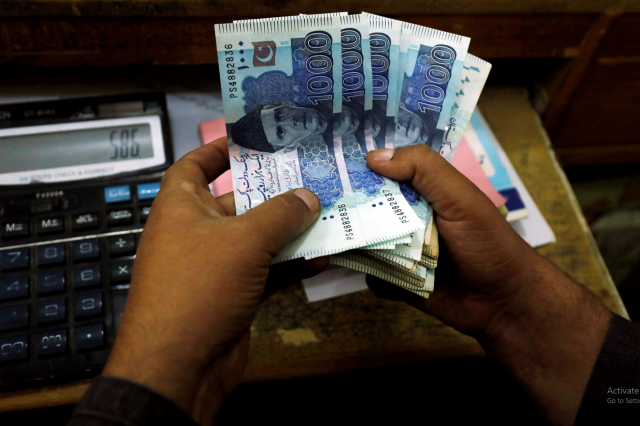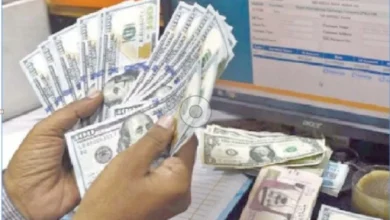Islamic debt market deepens as Pakistan posts biggest-ever Sukuk issuance

Pakistan’s government raised a record amount of over Rs2 trillion through domestic Sukuk issuances in 2025, marking the highest annual volume since Islamic bonds were introduced in 2008 and highlighting the rapid deepening of the country’s Islamic capital market.
The milestone was underscored by Adviser to the Finance Minister Khurram Shehzad, who said in a post on X that the Ministry of Finance (MoF) had set a historic record in Sukuk issuance, calling it a landmark breakthrough for Islamic finance in Pakistan.
According to the MoF, the record issuance was executed through the Debt Management Office in collaboration with Joint Financial Advisors (JFAs). During 2025, the government conducted 61 Sukuk issuances across one-year, three-year, five-year and ten-year tenors, structured under both fixed rate return (FRR) and variable rate return (VRR) formats. Total Sukuk issuance exceeded Rs2 trillion, while overall Shariah-compliant issuance reached Rs2.5 trillion, reflecting strong demand from Islamic and conventional banks, mutual funds, and other institutional investors.
A major highlight of the year was the launch of Pakistan’s first-ever Green Sukuk, which was oversubscribed by 5.4 times. The underlying assets for the Green Sukuk included Pakistan Railways, the Trade Development Authority of Pakistan (TDAP), the National Highway Authority (NHA), the Capital Development Authority (CDA), the Pakistan Airports Authority (PAA), the Pakistan Sports Board (PSB), and the Karachi Port Trust (KPT).
Between 2019 and 2025, total Sukuk issuance amounted to Rs8.7 trillion. By December 2025, Shariah-compliant instruments accounted for about 14.5% of total government securities, with the MoF targeting a 20% share by fiscal year 2027-28.
Separately, the Pakistani rupee edged up slightly against the US dollar on Monday, closing at 280.16, a gain of Re0.01. Over the past week, the currency rose modestly by Rs0.08 to 280.17, the State Bank of Pakistan reported.
Meanwhile, gold prices in Pakistan declined on Monday, tracking losses in the international market as precious metals retreated sharply due to profit-taking following recent record-breaking rallies.
In the domestic market, the price of gold per tola fell by Rs5,500 to Rs470,162, according to the All-Pakistan Gems and Jewellers Sarafa Association (APGJSA). Similarly, the price of 10-gram gold declined by Rs4,715 to Rs403,088. The decline followed a strong performance on Saturday, when gold prices had risen by Rs2,300 to Rs475,662 per tola.
Silver prices in Pakistan also moved lower, with the price per tola decreasing by Rs332 to Rs8,075, reflecting the broader correction in global precious metals.
Internationally, spot gold fell 3.6% to $4,367.97 per ounce by 9:57 am ET after touching a record high of $4,549.71 on Friday. US gold futures for February delivery also dropped 3.6% to $4,387.40, according to Reuters. Despite the pullback, gold remains up around 65% this year to date.
Silver also retreated after hitting a record high of $83.62 per ounce earlier in the session, although it remains up nearly 150% on a year-to-date basis.
Adnan Agar, Director at Interactive Commodities, described today’s metal market as being hit by a sharp downside “tsunami”. He said gold, after reaching an all-time high of $2,44546, slipped to $2,432.26, while silver dropped sharply from $83.97 to around $71, losing 1213%. Platinum also plunged from a morning high of $2,570 to $2,120.





